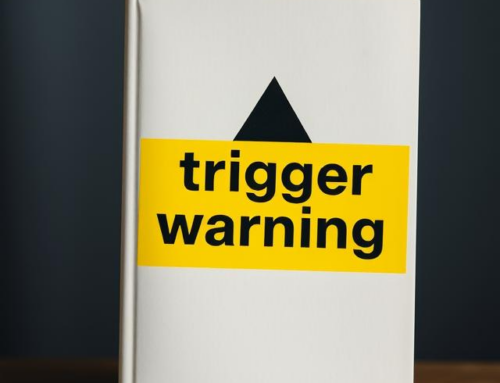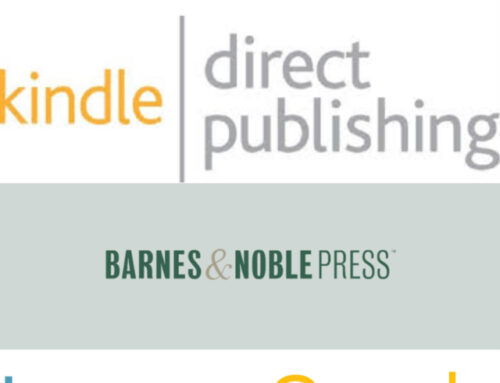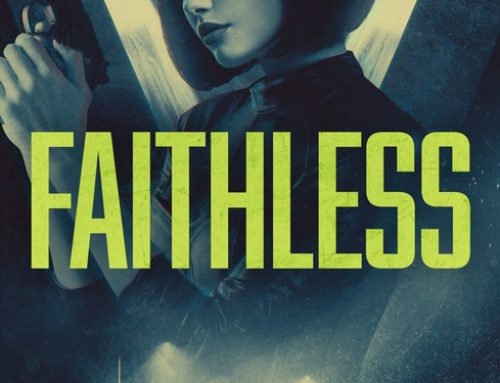Reader reviews are crucial if you are a self-published author, as positive feedback can ultimately shape your book’s success and allow you to build your reputation. While several platforms make it easier than ever to engage with people and amplify your reach, a stream of public, negative reviews can also hinder you. The question of whether to respond to reviews is not a straightforward one, which is why it’s essential to set clear engagement boundaries for yourself and others.
The Pros and Cons of Responding to Reader Reviews
Replying to reader reviews can be a paradoxical situation for self-published authors. From a positive standpoint, engagement can facilitate a greater sense of community, strengthen readership commitment, and improve your book’s visibility. According to one study, 60% of consumers read online reviews each week, while 93% use them to guide their purchasing decisions.
Building relationships with readers can encourage them to buy future releases and share them with others. In fact, 76% of consumers remain loyal to a brand with which they feel a connection.
Conversely, an emotionally charged reply might escalate public disagreements and damage your credibility and professionalism. For example, author Sarah Stusek was dropped by her publisher after creating a scathing TikTok video response to a reader’s four-star rating of her debut novel. Users may screenshot and post these defensive exchanges to other social media, making it challenging to direct the narrative and alienating readers. You must find the sweet spot to protect both your good name and your well-being.
Best Practices for Engaging With Reviewers
Many author platforms have community guidelines that encourage respectful interactions and dissuade confrontation. Some suggest that authors avoid replying to negative reviews entirely.
If you decide to anyway, it is best to give yourself some emotional distance first. Try to understand what the comment actually means and craft a clear, polite, and professional response. Although you may be seething on the inside, staying positive — such as thanking the reader for constructive feedback — is a better approach.
What Are Alternatives to Direct Responses?
There are other ways to improve your relationship with your readership than responding to reviews. Create a monthly, bimonthly, or quarterly newsletter to share updates, deliver additional or behind-the-scenes content, and show your appreciation for readers. If you have an author website, consider including an option for visitors to subscribe to your newsletter.
Doing so is also a great way to offer sweepstakes, signed book raffles, bonus chapters, and advanced reader copies (ARCs). ARC giveaways, in particular, help generate enthusiasm and early reviews for upcoming releases.
Hosting discussions and Q&A sessions on social media also encourages communication in a controlled environment. Create engaging content and generic posts expressing gratitude to readers for their feedback without mentioning anyone specifically.
Empowering Your Author Journey Through Thoughtful Engagement
Each interaction you have with your readers contributes to your reputation as an author. Always be thoughtful and courteous to build genuine relationships and a supportive community. Remember that your voice matters, whether it appears in books or online.
Get an Editorial Review | Get Amazon Sales & Reviews | Get Edited | Get Beta Readers | Enter the SPR Book Awards | Other Marketing Services






















Leave A Comment